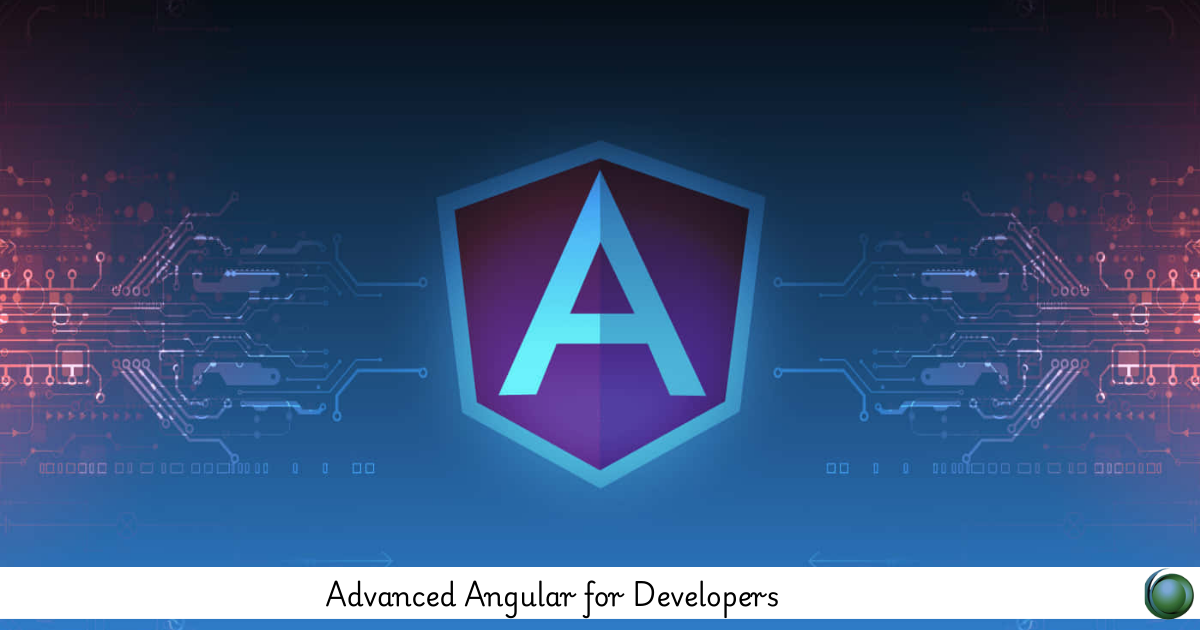Description
Introduction
This course is designed for experienced Angular developers looking to enhance their skills in building scalable, high-performance, and secure web applications. It covers advanced topics such as state management with NgRx, performance optimization techniques, server-side rendering (SSR), micro frontends, GraphQL integration, and best practices for security and testing. By the end of the course, participants will have the expertise to develop enterprise-grade Angular applications that are maintainable, efficient, and future-proof.
Prerequisites
To get the most out of this course, participants should have:
- Strong proficiency in JavaScript, TypeScript, and ES6+
- A solid understanding of Angular fundamentals (components, directives, services)
- Experience with RxJS and reactive programming
- Familiarity with REST APIs, HTTPClient, and authentication mechanisms
- Basic knowledge of unit testing and debugging in Angular
Table of Contents
-
Advanced Angular Architecture
1.1. Modularization and Lazy Loading Strategies
1.2. State Management with NgRx and Redux Patterns
1.3. Monorepos and Workspace Management with Nx -
Performance Optimization
2.1. Change Detection Strategies and Optimization
2.2. OnPush Change Detection and Immutability Best Practices
2.3. Lazy Loading and Bundle Size Optimization -
RxJS and Reactive Programming
3.1. Advanced Observables, Subjects, and Operators
3.2. Handling Complex Data Streams and Memory Management
3.3. Error Handling and Debugging RxJS Pipelines -
Testing and Debugging in Angular
4.1. Writing Unit Tests with Jest and Jasmine
4.2. End-to-End Testing with Cypress and Protractor
4.3. Debugging Angular Applications with Augury and Chrome DevTools -
Security Best Practices
5.1. Preventing Cross-Site Scripting (XSS) and Cross-Site Request Forgery (CSRF)
5.2. Secure Authentication with OAuth, JWT, and Role-Based Access Control
5.3. Data Encryption and Secure API Communication -
Micro Frontends with Angular
6.1. Implementing Micro Frontend Architecture with Module Federation
6.2. Communication Between Micro Frontend Components
6.3. Deployment and Scaling Strategies -
Server-Side Rendering (SSR) and Progressive Web Apps (PWA)
7.1. Angular Universal for SEO and Performance Boost
7.2. Service Workers and Offline Capabilities
7.3. Push Notifications and Caching Strategies -
GraphQL Integration with Angular
8.1. Using Apollo Client for Efficient Data Fetching
8.2. Optimizing Queries, Mutations, and Caching
8.3. Combining GraphQL with State Management in Angular -
Advanced Forms and UI Components
9.1. Dynamic and Reactive Forms in Angular
9.2. Custom Form Validators and Directives
9.3. Integrating Third-Party UI Libraries (Material, PrimeNG)
Conclusion
This course provides in-depth knowledge of Angular’s advanced features, empowering developers to build optimized, scalable, and secure web applications. By mastering best practices in performance, security, testing, and state management, participants will be well-equipped to tackle real-world challenges and create enterprise-level solutions.







Reviews
There are no reviews yet.